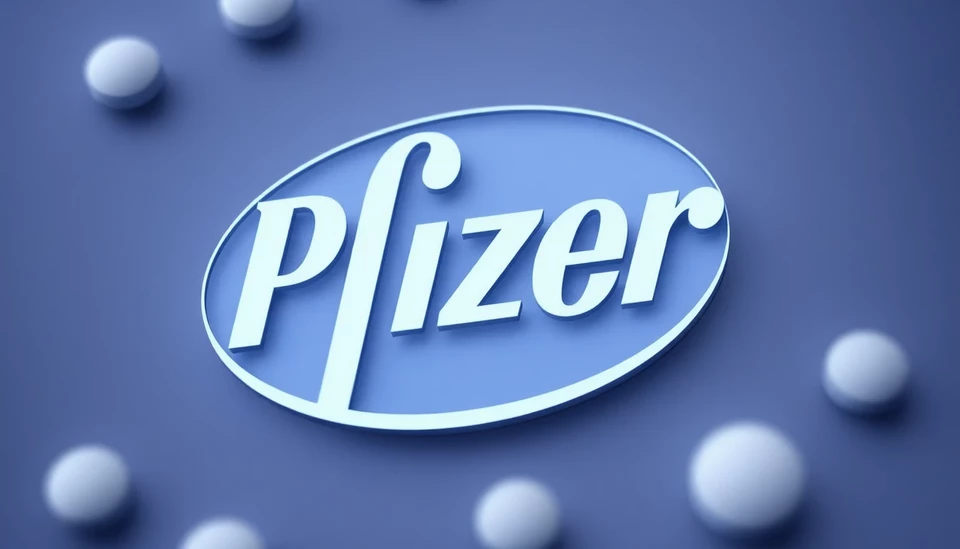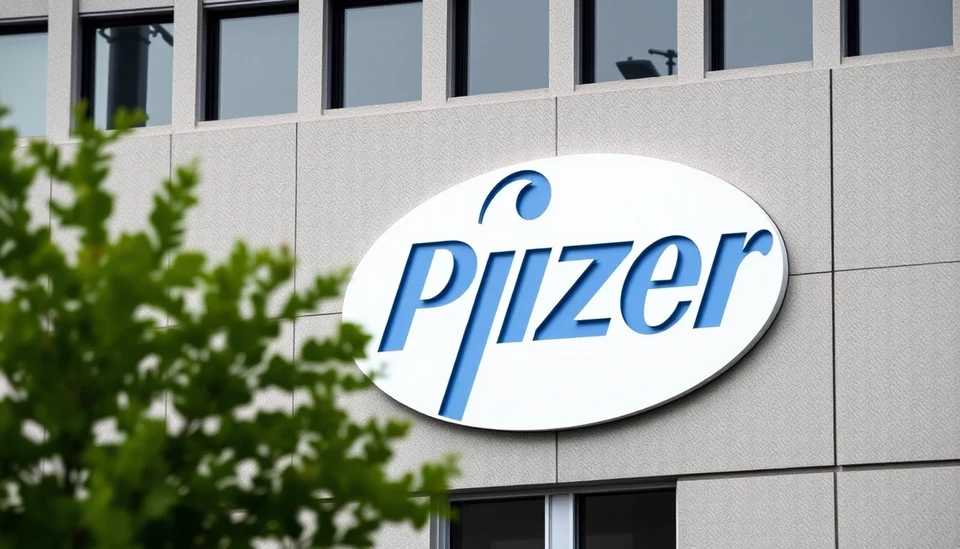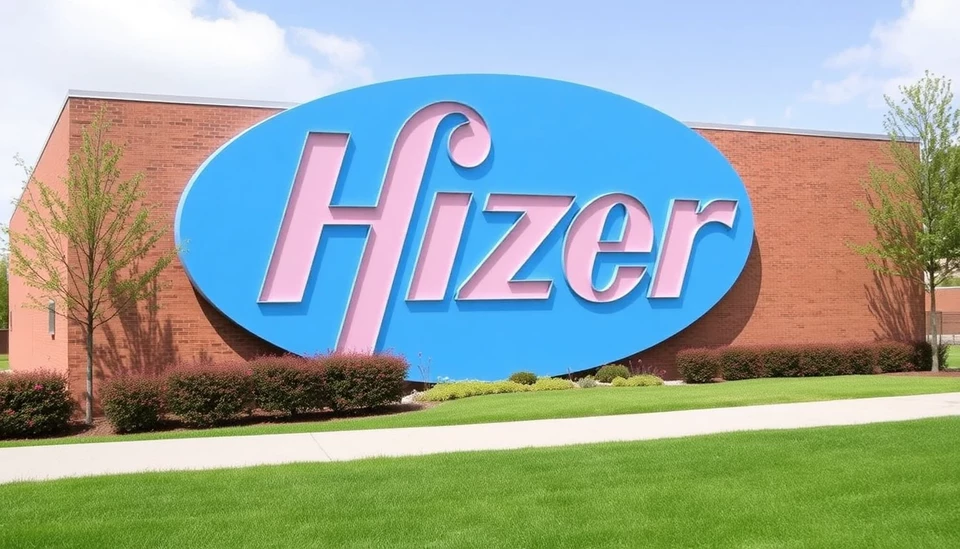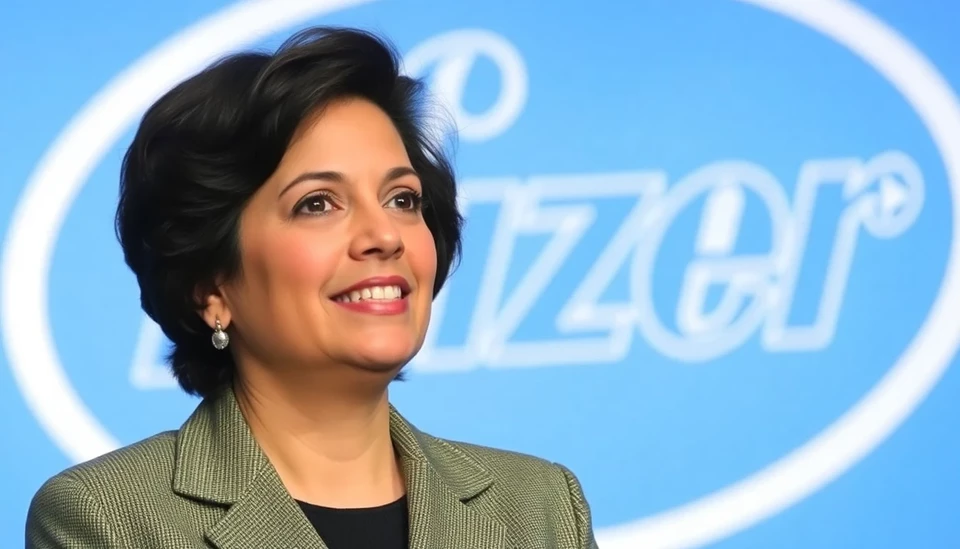
In a significant development within the pharmaceutical sector, Pfizer Inc. has announced the abandonment of its obesity treatment pill, a decision driven by alarming reports of liver injuries associated with the medication. This setback marks a considerable shift in the company's strategy to target the growing obesity epidemic, which has seen a dramatic rise in global prevalence in recent years.
The pharmaceutical giant, known for its extensive portfolio of medications and vaccines, halted the ongoing trials for the weight-loss pill following the emergence of new safety data. The data indicated potential severe liver-related side effects, prompting Pfizer to prioritize patient safety over the advancement of its drug development agenda.
Initially, Pfizer aimed to tap into the lucrative obesity market with this oral medication, which was intended to offer a simpler alternative to current therapies that often require injections. The pill had shown promise in clinical trials, leading to significant weight loss among participants. However, as the trials progressed, safety concerns took center stage, leading to the company’s decision to cease development.
This decision not only poses a setback for Pfizer but also highlights the challenges pharmaceutical companies face in delivering safe and effective treatments for obesity, a condition that affects millions worldwide. The market for obesity treatments has become increasingly competitive, with several firms pursuing various therapeutic strategies, including both oral medications and injectable solutions. Pfizer's exit from the race will likely open opportunities for its competitors, who may capitalize on the gap left in the market.
Industry experts suggest that the move could have broader implications for ongoing research and other companies developing similar weight-loss therapies. Following Pfizer's announcement, investors expressed concerns about the viability of other treatments in the pipeline, with shares of rival firms grappling with volatility amid the news. The impact of Pfizer’s decision is likely to ripple through the biotech community as stakeholders recalibrate expectations regarding the safety profiles of obesity treatments.
Although Pfizer has faced considerable backlash for the premature halt in development, the company insists that it was a necessary decision to protect potential patients. This incident underscores the importance of thoroughly understanding the long-term effects of medications currently in development, particularly for chronic conditions that affect large populations.
Ultimately, Pfizer's withdrawal from the obesity treatment market exemplifies the balancing act pharmaceutical companies must perform between innovation and safety. As they navigate these challenges, the focus remains on emerging successful therapies that can effectively address the profound public health crisis of obesity.
Experts continue to advocate for rigorous safety evaluations and transparent reporting standards to prevent similar issues in the future and ensure that effective treatments can reach patients without compromising their health. As the landscape of obesity treatments evolves, stakeholders remain hopeful for advancements that can safely assist individuals in achieving healthier lifestyles.
As the public awaits further information on potential alternative diabetes drugs and weight-loss therapies, the spotlight remains on Pfizer and its motivations behind this critical decision.
In summary, the halting of Pfizer’s obesity pill development serves as a stark reminder of the complexities involved in drug development, particularly for a condition as multifaceted as obesity. The company’s commitment to patient safety ultimately guided this decision, reflecting a responsible approach amid a challenging and competitive pharmaceutical environment.
#Pfizer #ObesityTreatment #PharmaceuticalNews #LiverInjury #HealthConcerns #DrugDevelopment #WeightLossMedication #HealthcareIndustry
Author: Samuel Brooks




